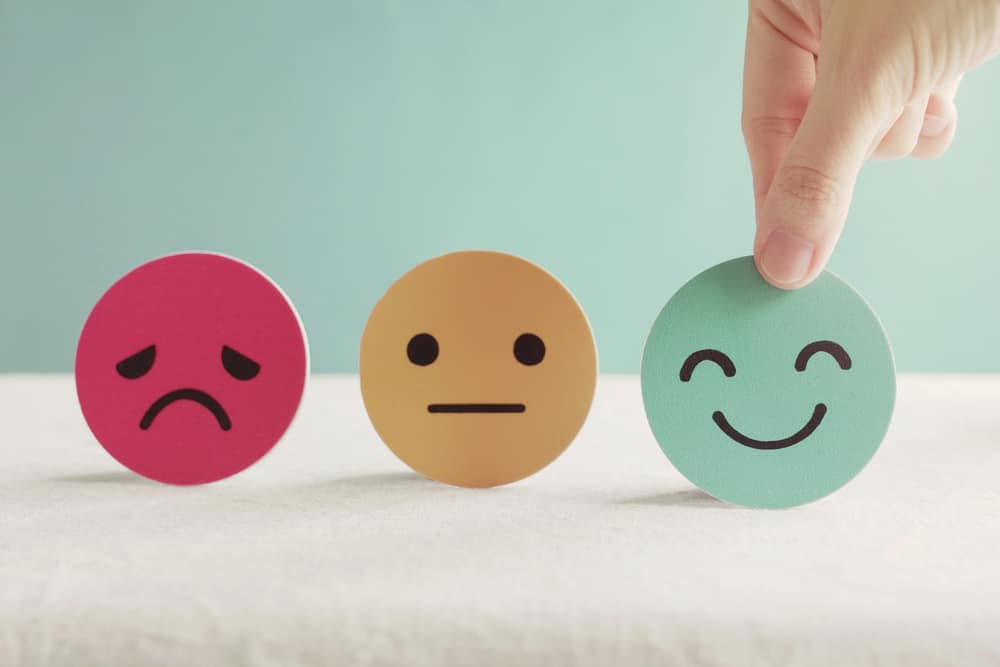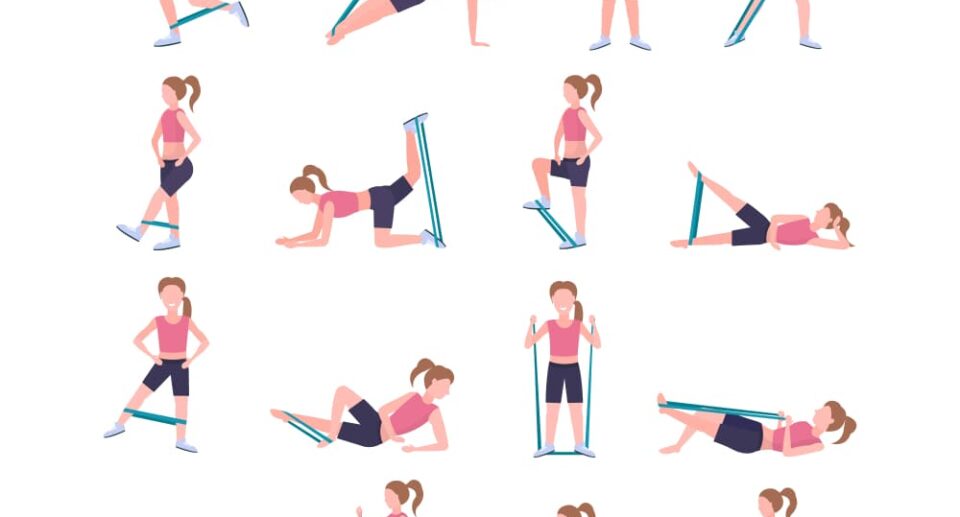The science behind meditation for stress relief


We live in an age where mental overload is becoming more and more frequent. Stress has become an unwelcome yet very much familiar companion. Work, family obligations, or the constant noise of digital life are just a few things that cause us stress. Different wisdoms that continue through time and the modern world agree that meditation can help.
Meditation for stress relief is much more than just a passing trend. It’s a potent, scientifically proven strategy for calming the nervous system, improving the emotional state, and ensuring the brain is clear. Can… it work in our lives? What are the models of meditation in science? And how will we feed that into our day to produce stable effects in the long run? What are these? The following text will explain that in detail.
Dr. Sara Lazar used MRI scans to study the brains of long-term meditators.
Meditation enhances neuroplasticity, increasing brain regions involved in self-awareness, compassion, and introspection.
How Meditation Reduces Stress Naturally


Studies have confirmed the effectiveness of meditation in reducing stress, lessening anxiety, and promoting emotional well-being. The study concluded that meditation has the potential to lower cortisol levels, the hormone that causes stress, and alter the brain to facilitate the achievement of a clearer and calmer mind. These effortless mindfulness and breathing practices can be beneficial during stress, mainly when managed with a clear head-on. See how a few minutes of daily meditation can revolutionize your mental wellness straightforwardly and powerfully.
Mindfulness Meditation for Anxiety Control


Deep breathing and mindfulness techniques, which are practiced regularly, effectively stop the pattern of anxious thoughts, bring the mind to a natural state of relaxation, and reduce the generation of worry. Meditation is an excellent way to interrupt the loop of anxious thoughts and get your clear mind back by simply being here and now. The brain, hence, only concentrates on the current reality, not on future fears, when a person practices meditation, of course, naturally relieves anxiety without pills. A modest everyday commitment can go a long way in achieving the desired effect.
Self-Awareness Through Daily Meditation


Mindfulness meditation increases the level of self-knowledge by leaving some space between your thoughts and your reactions. In this way, you can visibly see the recurring patterns, like how stress is triggered or negative self-talk, which is usually not even recognized. When you are into regular periods of mindfulness, slowly, you begin to understand your feelings, motives, and actions better. Feeling your inner self makes you a better person and gives you a greater sense of who you are, your goals, and your Emotional Intelligence. All of these are necessary for your self-development and mental health in the long run.
Emotional Health Support Through Meditation Practice


Meditation is excellent for emotional well-being, creating peace, clarity, and empathy. It lessens the tendency to be emotionally reactive, thus making it possible to answer stressfully without pressure. The research conducted indicates that people who are regular meditators tend to experience a decrease in the symptoms of anxiety and depression and thus be in a more healthy state of mind. Meditation also has the potential to provide reign with our feelings and make a commitment to our chosen emotional states by promoting inner peace, emotional strength, and daily-life resilience.
Using Meditation to Improve Sleep Quality


Meditation is a method of slowing the nervous system, which makes one fall asleep faster and sleep for longer hours. Apart from the fact that it declutters the mind and calms a racing mind, it also prepares the body for deep sleep. A study indicates that mindfulness meditation is a good way of increasing the quality of sleep and decreasing insomnia symptoms. Moreover, it can facilitate those who are facing sleep problems caused by stress and anxiety. An evening meditation practice sends the message to your body that it is time for you to relax, unwind, and recharge.
Meditation and Lower Blood Pressure


Meditation increases relaxation, thereby contributing to better blood pressure. As it soothes the nervous system, mediation makes it possible to lower the pressure without affecting the stress hormones such as cortisol. This way, it relaxes the blood vessels and initiates blood circulation throughout the entire. A wide range of research has suggested that regular meditation can positively impact blood pressure. It may be small, but what matters is the significant decline in both systolic and diastolic while the meditation is on. Thus, people find traditional meditation activities to be a helpful heart health instrument and a way of reducing stress-related hypertension.
Natural Pain Relief Through Meditation


Meditation affects our pain perception. It can switch off the nervous system, relieve pain, and activate the brain parts responsible for emotional regulation. People who meditate regularly are found to experience the pain signals at a lower intensity, and they better tolerate the pain. As claimed by the research, those using frequent meditation techniques are the ones that notice on their body much fewer signs of pain, and those signs are less debilitating. Such fact makes meditation an effective natural way of pain management among people with chronic pain conditions who can feel a sense of control over the situation and the level of pain.
Meditate Anywhere, Anytime: No Excuses Needed


One of the powerful facets of meditation is its wide range of applications. No need for costly equipment, a silent location, or a separate cushion. It’s possible to do meditation wherever you are — sitting in the office canteen, in a traffic jam, or strolling through nature. Just shut your eyes, inhale and exhale, and feel within your body. With that flexibility, it becomes less complicated to be regular in the practice and make stress relief a part of the daily grind, even for excessively busy people.
Train Your Brain to meditation for stress relief
Research into the neuroscience of meditation uncovers a rather exciting fact: our brains and emotions can be restructured by us. Stress alone is not entirely gotten away with by meditation; instead, it redirects our mind such that a different relation exists to the stressor.
In just a few minutes a day, you can unlock the powers of your organism to decrease stress, be more resilient, and obtain emotional transparency without using drugs.









